详述单细胞测序技术的原理和应用(单细胞测序技术的英文简称)
In the rapidly evolving field of genomics, single-cell sequencing technology has emerged as a groundbreaking tool for researchers. This innovative technique has revolutionized the way scientists study complex biological systems, enabling them to analyze the genetic information of individual cells with unprecedented precision. In this article, we delve into the world of single-cell sequencing technology, focusing on its English terminology to provide a comprehensive overview.
**What is Single-Cell Sequencing Technology?**
n insights into the heterogeneity and diversity within cell populations, which is crucial for understanding various biological processes.
**English Terminology in Single-Cell Sequencing**
1. **Single-Cell RNA Sequencing (scRNA-seq):** This technique involves sequencing the RNA molecules from individual cells to study gene expression profiles at a single-cell resolution. It is particularly useful for identifying cell types and their specific functions within a tissue.
2. **Single-Cell DNA Sequencing:** Similar to scRNA-seq, this method focuses on sequencing the DNA of individual cells. It is used to analyze genetic variations, mutations, and chromosomal rearrangements.
3. **Circulating Tumor Cell (CTC) Sequencing:** This application of single-cell sequencing is used to analyze the genetic makeup of tumor cells circulating in the bloodstream, which can be valuable for cancer diagnosis and treatment monitoring.
4. **Spatial Transcriptomics:** This approach combines single-cell RNA sequencing with spatial information to study how cells interact and communicate within a tissue. It is often referred to as "single-cell RNA in situ sequencing" or "space-seq."
5. **Drop-Seq:** Short for "Drop-Fluidics Single-Cell RNA-Seq," this method involves encapsulating individual cells in microfluidic droplets for sequencing, which allows for high-throughput analysis.
6. **10x Genomics:** A company known for its innovative single-cell sequencing solutions, 10x Genomics has developed a variety of techniques and products that have significantly advanced the field.
**Applications of Single-Cell Sequencing**
Single-cell sequencing technology has a wide range of applications in various biological and medical research areas, including:
lor treatment plans to individual patients.
- **Neuroscience:** Studying the genetic makeup of individual neurons can lead to a better understanding of neurological disorders and the development of new therapies.
- **Immunology:** Analyzing the diversity of immune cells can help in understanding immune responses and the development of new vaccines.
- **Plant biology:** Single-cell sequencing can be used to study the genetic diversity within plant populations and improve crop breeding.
**Conclusion**
The advent of single-cell sequencing technology has opened new frontiers in genomic research. With its ability to analyze individual cells with high precision, this technique has become an indispensable tool for scientists worldwide. As the field continues to evolve, the English terminology associated with single-cell sequencing will undoubtedly become more sophisticated, reflecting the ever-growing complexity of our understanding of the cellular world.


 English
English

